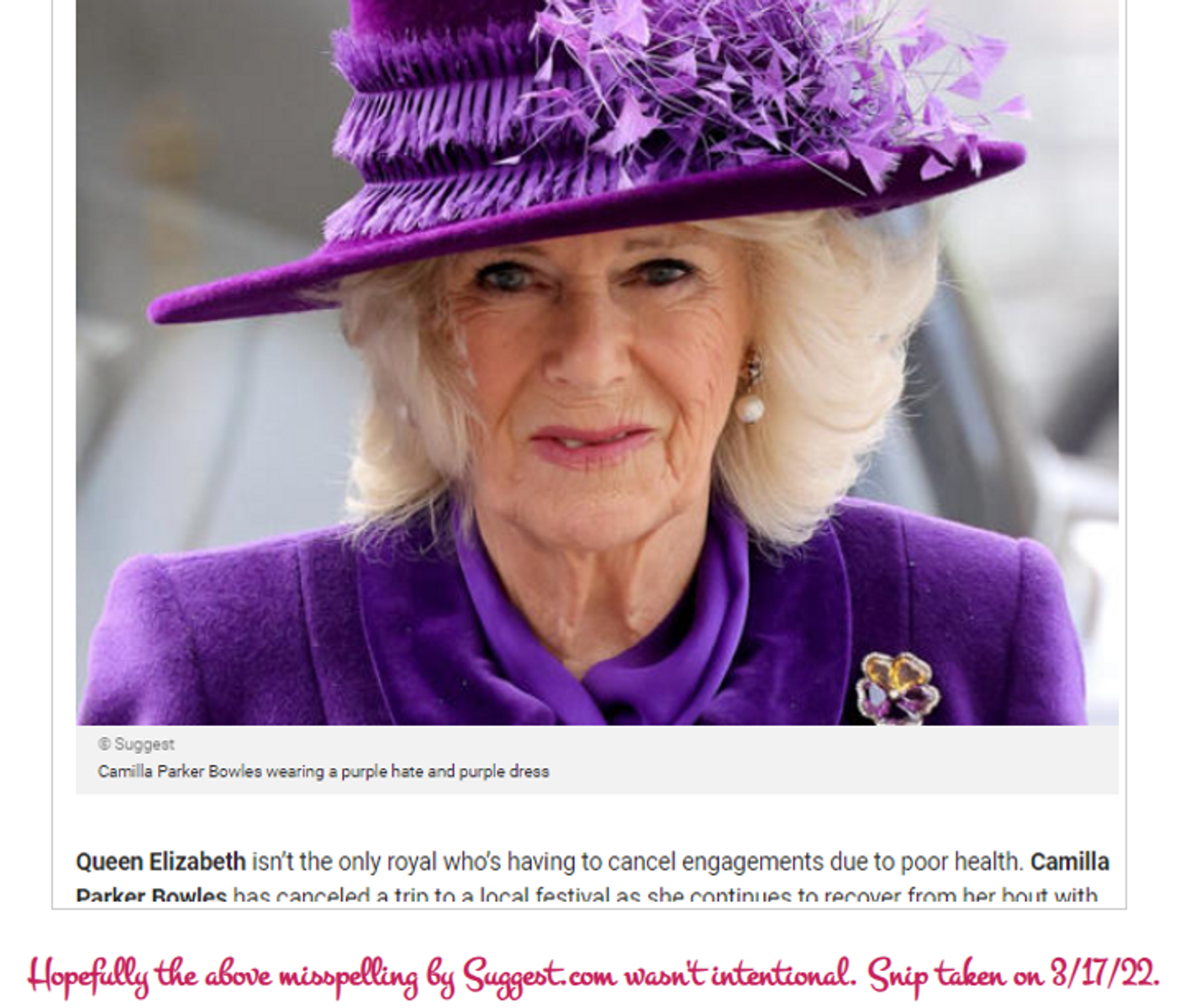
Recently I stumbled across a huge affair recovery website, run by a married couple that reconciled after his affair, that’s apparently been going for a number of years. While a lot of the advice is sound, I see things like this:
The founder who was the cheated-on wife has a brother who was married to an alcoholic. She is furious because this brother left that wife for another alcoholic, whom he later married. She writes about behavior on his part that she considers selfish, such as never posting photos of any family on Facebook, and how the rest of the family has ostracized this pair. Recently the second wife was diagnosed with cirrhosis and then passed away. The female founder of the site writes about how this person was “a piece of trash” and how, other than the brother and his second wife, the rest of the family is “normal.”
I also see people on this site utterly vilifying cheaters and cheated-withs in the comment section, calling them “pigs” and other such epithets, and this is never disputed, even though the founders participate regularly in the comment section and the third founder is a therapist.
ISSUES … I have ISSUES with this.
Let’s talk for a sec about research.
Grant Brenner, MD, DFAPA, informs us in a somewhat stodgily-written (but nonetheless informative) article in Psychology Today that people, upon discovering they have been cheated on, make decisions in the following manner:
1. They look at their social network and what their social environment says about affairs
2. Let’s let Brenner talk about this one:
“How we pay attention to information is determined by many factors. If we are in favor of something, we tend to look for information which supports that decision, and visa versa. (sic) We experience bias as we sort through the information necessary for forming opinions, paying more attention to some kinds of information, and ignoring other potentially important data. In the case of a partner deciding whether to break up after infidelity, when we look back at what happened, our prior conceptions — such as social factors — tend to filter what we notice and how we make sense of the behavior of our partners.”
3. People then look to assign blame, or determine why the affair happened. Then, 4., they decide whether to forgive the person or not, and 5., they make a decision whether to try to stay together or not.
Might I suggest that looking at how society and the people you know view affairs may not be the best way to start? Good heavens, there are some websites I would approach with caution, including this one: emotionalaffair.org. (I debated whether to mention anybody’s initials, but … Doug and Linda, I feel compelled to call you out.)
1.) The founders and therapist on this site argue, and rightly so, that those cheaters and cheated-withs who blame the cheated-on spouse are simply deflecting awareness of the harm they’ve caused in order to deflect any sense of guilt or responsibility.
True … however, none of these folks stop to remind anyone that all cheating situations are different. You can’t tar them all with one brush. Or, if they do, which I do see the therapist write from time to time, they don’t do it often enough. And, I hate to point this out, but …
They themselves are engaging in the exact same behavior they find objectionable when the cheater or the cheated-with does it!
Argue, if you will, that that is entirely justified, since THOSE PEOPLE CHEATED, THOSE PEOPLE CHEATED! and THOSE PEOPLE CHEATED!!
You still need to understand that, when we do that, we miss gigantic, glaring facts such as this one:
2.) There is obviously so much more going on here than, THOSE PEOPLE CHEATED.
Let’s look at these two for a moment, the site founder and her brother. The site founder chose a husband who later ended up cheating. Her brother ended up marrying not one, but two, alcoholics.
I see this site founder angry at her brother, expressing frustration and total ignorance over why he would leave one alcoholic and marry another one.
Yet, I wish to point out that Al-Anon has existed since the 1950’s. Codependent No More has been with us since the 1980’s.
The information that answers this woman’s angry ranting, we have had for at least forty years now.
Yet, we choose to vilify people for cheating while we ask stupid questions like this. As if the fact that someone cheated and later married their affair partner means that problems like codependency just don’t apply here, and since the people cheated, they are simply bad, and everyone else is “normal” in the family.
Ah. I see. When someone cheats on a committed partnership, we all have license to forget what we know. Or what society has collectively discovered about commonly recognized emotional problems.
NOT!!
Let me digress for a moment and talk about my family. I am the black sheep of my family, on the outs with my own brother, mother, and maternal relatives after I chose to go no-contact with my mother almost seventeen years ago. My mother fits many symptoms of borderline personality disorder, and treated me much differently, and worse, than she treated my brother. Therefore, when I finally got fed up with her difficult behavior and received a message from her that she didn’t believe anything was the matter with her and she was not interested in therapy, I stopped speaking to her, and he got very angry with me.
He knew, he said, that she had problems, but cutting her off would only make her worse.
I understand why he was upset. I understand that he got treated much better in our family, on the whole, than I did. I see how things look to him and that, from his point of view, his point of view is the only right one and I am of course in the wrong. He doesn’t want to hear about my experience and has zero ability to put himself in my shoes. And I understand why and I get that.
I also see him whining on Facebook a lot about how he is lonely and has not been able to find a good relationship. I have, at times, suggested that therapy might be helpful, or that certain books might be helpful, but this simply makes that side of the family angry. I am “always reading books and thinking I know everything.”
Well, I may not know everything, but I do see that, out of the two children of my mother and father, both of us have had serious difficulty pair-bonding. I didn’t even date or have sex until I was thirty-two. It took me until age thirty-five to find a healthy relationship, and I didn’t get married until I was thirty-eight. Then I was widowed after seven years and participated in an emotional affair. My brother has had great difficulty pair-bonding and been divorced twice. Now in his mid-forties, he is lonely and complains often of not being able to find a suitable person to date.
Some of you in that classic “cheaters are just horrible people” mindset are probably thinking, “Well, at least he didn’t cheat!”
However, I pull the camera lens wayyy back and look at the family history: Father came from a dysfunctional marriage in which the parents cussed, fought, and threw things at one another and his father also cheated. His mother and all five of her sisters were bipolar. Mother came from a family in which her father’s mother was clearly at the very least clinically depressed. Family stories abounded when I was growing up about how “Mimi Gould was lazy and laid in bed all day and wouldn’t get up and take care of the children.” This woman’s husband, my grandfather’s father, beat the children … all eight of them.
My mother’s father beat the children, there’s one family story of him cheating on my grandmother and wanting to leave the marriage, and he sexually abused my mom. Who, as a teen … sorry if this is too much detail … sexually abused her younger sister. Who … guess what? Married an abusive man and divorced him, then married an alcoholic.
And we wonder why, when people have a family history like this, they grow up and have problems. We hear about an affair situation, and we don’t look for problems like this in the background.
No, we heap all responsibility on those cheating, while we are the “normal ones.”
Even country singer Naomi Judd, writing about her journey through treatment-resistant depression, uncovers legions of people in her family background who likely suffered from untreated mental illness and other emotional problems.
We know this. We know this. We know this.
We, as a society, know this.
Why do we keep ignoring it?
Especially when we run a huge affair recovery website, with a therapist, whose responsibility it is to know better … and an actual affair recovery program? Which, no doubt, they are charging people for.
Let’s look at this history again. Sister married a guy who eventually cheated; brother marries not one, but two, alcoholics. (Forget the cheating, for the moment.)
What do we know about alcoholism? Who marries alcoholics??
Codependents, that’s who. Sister marvels at how successful her brother is in the outside world, in business, and yet married two alcoholics. Um, why, since she has a therapist partner who is supposed to have studied the answer to this question?
If you read anything about codependency, you know the answer to this question.
Codependency, like a lot of other less-serious mental health disturbances, shows more and more the closer you are to the person. This is why people who look “normal” and “successful” on the outside have marital problems and people are shocked. Say it with me:
The less seriously your mental health issue disturbs your functioning, the more likely it is to show up only with the very closest people in your life.
Here we are with a brother and sister, both with troubled marriages, one of whom is clearly verrrry codependent. Yet, where are we looking for the source of the problem? At the person who cheated and the “piece of trash” who cheated with him and then married him.
How about looking at the family background?
What happened in the family of origin that created a codependent who married two alcoholics? We know that something happened, because the other child of this family had the same issue in their marriage: infidelity. Both siblings.
That “piece of trash” isn’t a piece of trash, she is a symptom. A symptom of emotional problems in the family that likely go back several generations … like they do in our family.
If you are going to teach people to hate and vilify cheaters, to call them “pigs” and “pieces of trash” because you are angry, then go on and do it, if you can’t help yourself.
You’ve got plenty of company. Almost no one will argue with you.
But, while you’re vilifying people, at least attempt to introduce your readers to the idea that emotional problems start and contribute to marital problems of this sort. Emotional problems that began in childhood and can go back several generations.
And you might try alerting people to the fact that the affair is a symptom of those emotional problems, which need to be traced backward, seen for what they are, and healed. So the next generation doesn’t play out the same sad story.
Because, I’ll tell you what. Emotionally healthy people are a lot more likely to be able to solve the difficulties in living together that we all have.
Emotionally healthy people are a lot more likely to be able to maintain a fifty-year connected marriage.
Emotionally healthy people are a lot less likely to cheat.
And vilification isn’t healing.
Home
